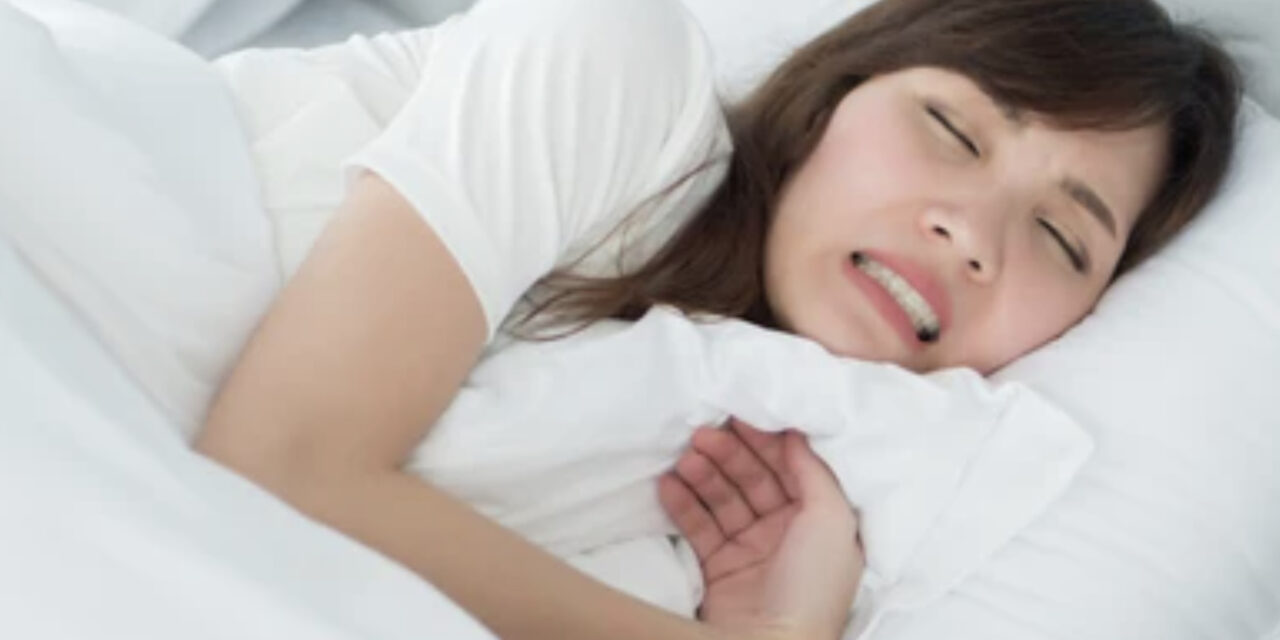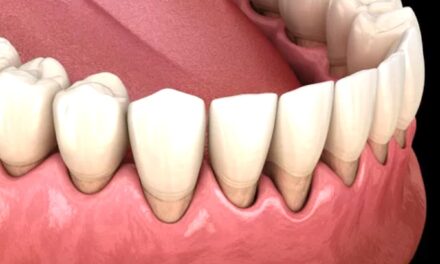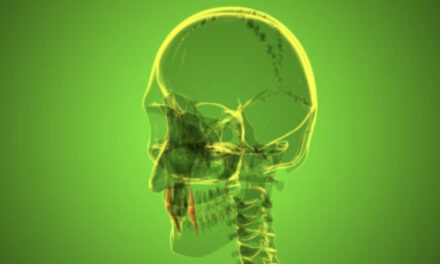Bruxism is a common dental condition where a person grinds, clenches or gnashes their teeth, often without even realising it. It can occur during the day, but it is more common at night when a person is asleep. Teeth grinding can be harmful to your dental health, causing wear and tear on the teeth, jaw pain, and other dental problems. In this article, we will discuss the causes, symptoms, and treatment for teeth grinding.
Causes of Bruxism
The causes are not fully understood, but stress and anxiety are believed to be contributing factors. Other possible causes include misaligned teeth, sleep disorders, and certain medications. Alcohol, caffeine, and tobacco use can also increase the risk of teeth grinding.
Who is Most Likely to Suffer from Bruxism?
Anyone can develop this involuntary habit, but it is more common in people who have high levels of stress and anxiety. Teeth grinding can also affect children and it may be caused by hyperactivity or other developmental disorders. People who have misaligned teeth or other dental problems may also be at risk for bruxism.
Symptoms of Bruxism
The symptoms may include:
- Headaches and jaw pain
- Sore or sensitive teeth
- Earaches
- Facial pain
- Jaw clicking or popping
- Insomnia
- Chipped, cracked or worn teeth
- Receding gums
- Pain and stiffness in the neck and shoulders
If you experience any of these symptoms, you should consult your dentist. Your dentist can examine your teeth and jaw to determine if teeth grinding is the cause of your symptoms.
Mouth Guard for Teeth Grinding
One of the most common treatments for bruxism is a mouthguard or splint. A mouthguard is a custom-made device that fits over your teeth and protects them from damage caused by grinding or clenching. It can also help to relieve jaw pain and other symptoms of bruxism.
Bruxism Pain
If you are experiencing pain due to bruxism, your dentist may recommend pain relief medication, such as ibuprofen or acetaminophen. Applying heat or cold to the affected area can also help to relieve pain and stiffness.
Bruxism Treatment
In addition to a mouthguard, there are other treatments for bruxism that your dentist may recommend. If your bruxism is caused by stress or anxiety, your dentist may recommend relaxation techniques, such as meditation or yoga. In some cases, medication may be prescribed to help manage stress and anxiety.
If your bruxism is caused by misaligned teeth or other dental problems, your dentist may recommend orthodontic treatment to correct the alignment of your teeth. This can help to reduce the risk of bruxism and other dental problems.
Conclusion
- Bruxism can be a painful and damaging dental condition, but it can be effectively treated.
- If you are experiencing symptoms of bruxism, such as jaw pain or tooth sensitivity, you should consult your dentist.
- Your dentist can help to diagnose the cause of your symptoms and recommend appropriate treatment.
- With proper treatment, you can relieve pain and prevent further damage to your teeth and jaw.
- Remember, early detection and treatment is key to preventing further damage from bruxism.





